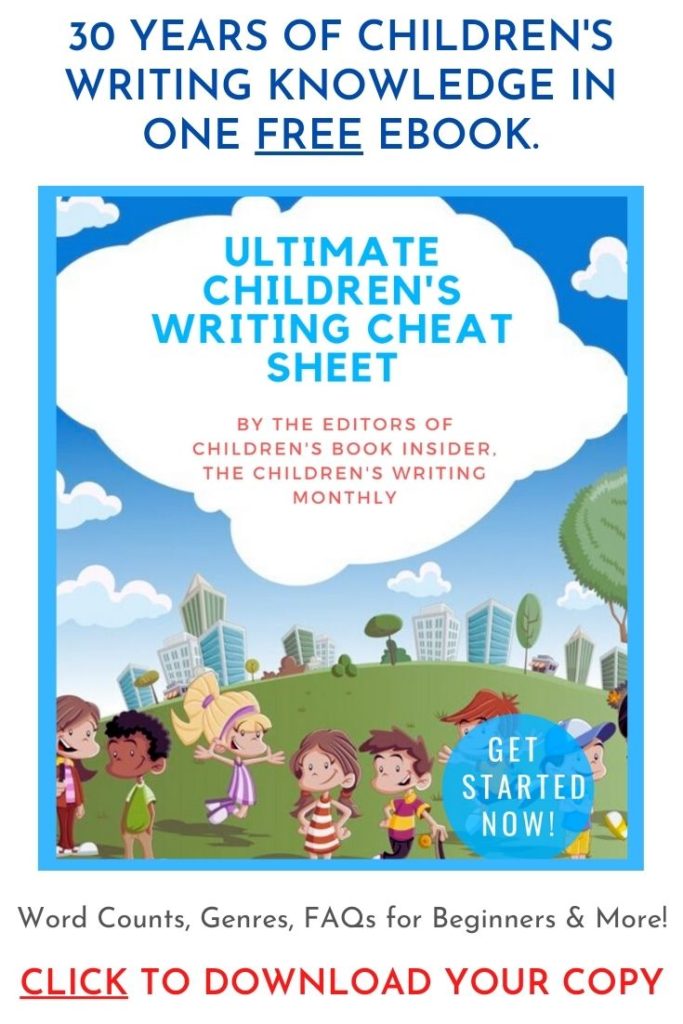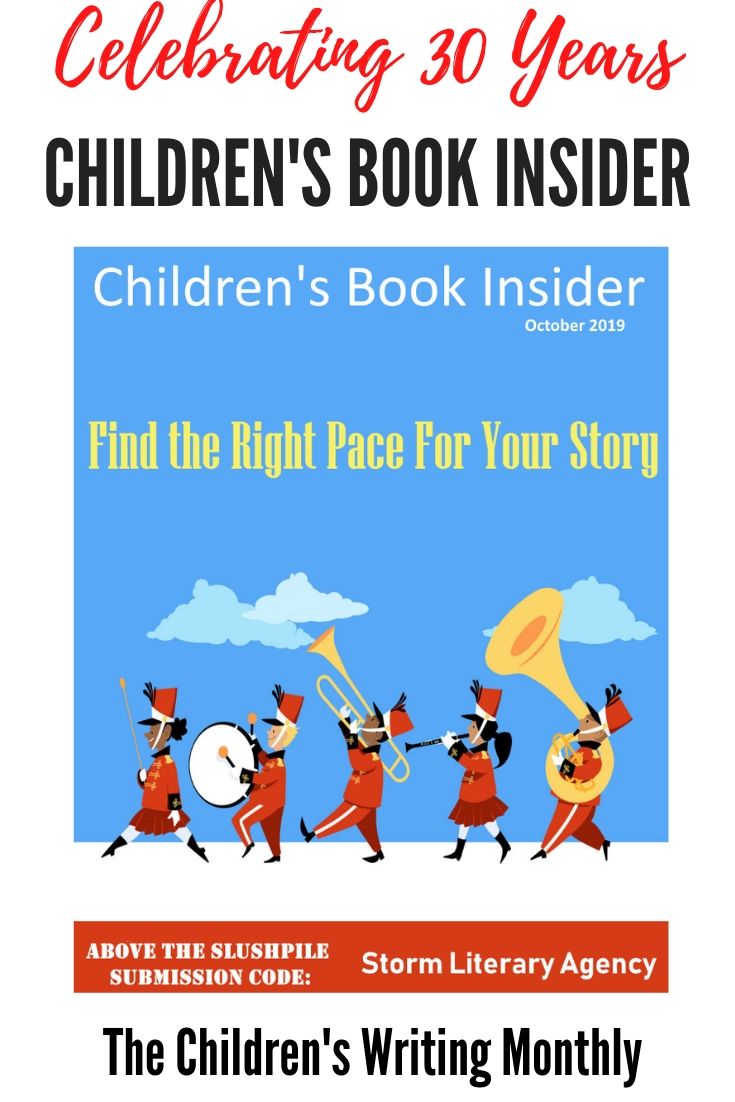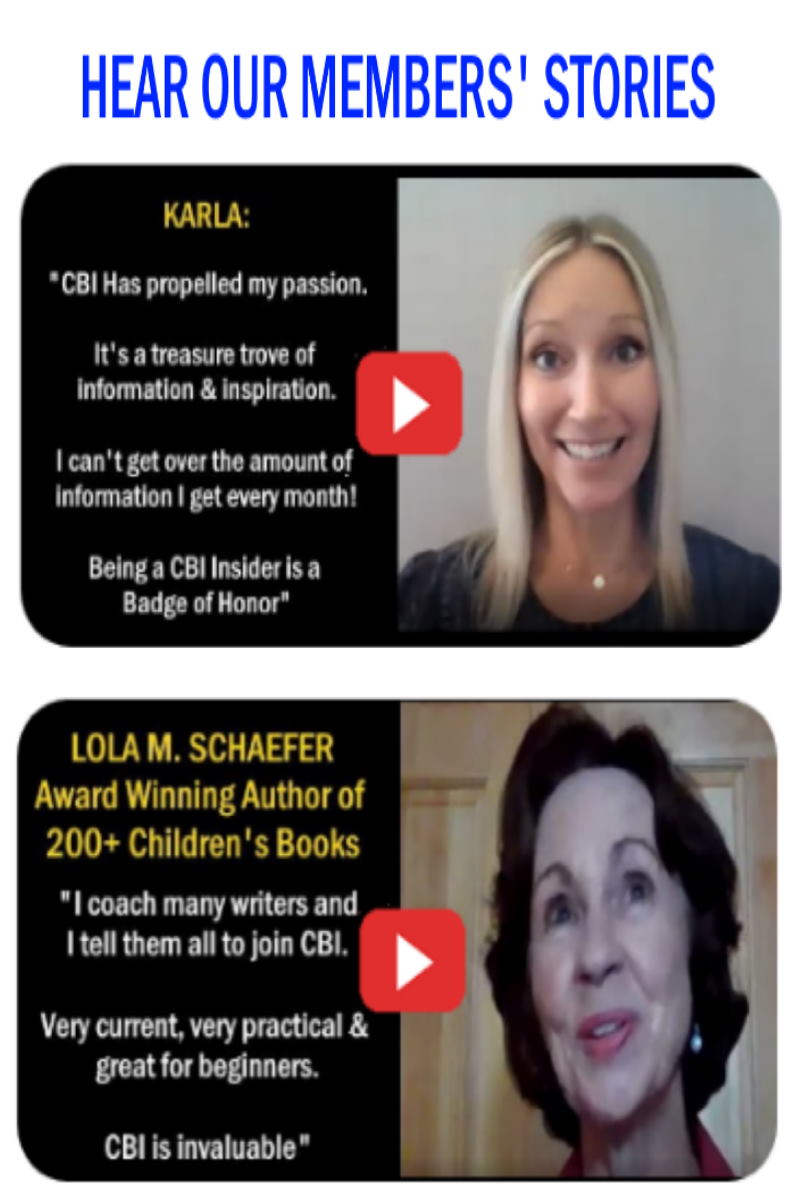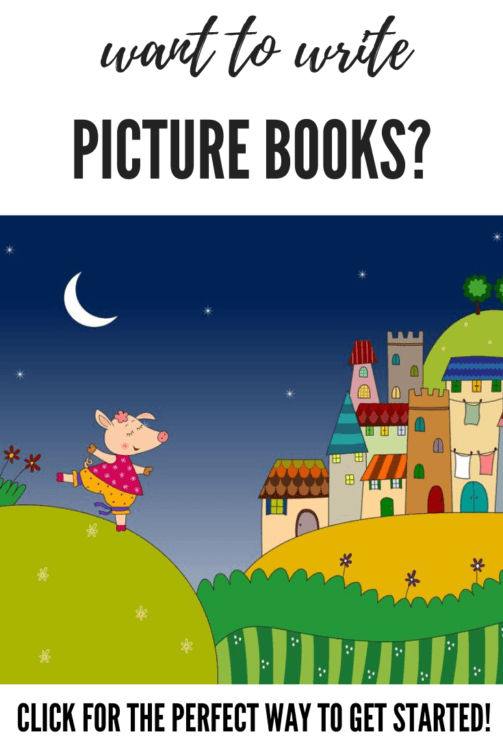
 Writing for Children and Young Adults (Self-Counsel Press) is the result of Marion Crook’s experience writing fiction series for both middle grade and young adult readers, nonfiction for children and self-help books for teens. Now in its third edition, Writing for Children and Young Adults aims to take aspiring authors through the creation of a manuscript, pitching it to publishers and then marketing it to the world. Here, Marion offers some tips on writing and presenting yourself as a professional author.
Writing for Children and Young Adults (Self-Counsel Press) is the result of Marion Crook’s experience writing fiction series for both middle grade and young adult readers, nonfiction for children and self-help books for teens. Now in its third edition, Writing for Children and Young Adults aims to take aspiring authors through the creation of a manuscript, pitching it to publishers and then marketing it to the world. Here, Marion offers some tips on writing and presenting yourself as a professional author.
You write quite a bit in your book about creating characters. Can you please give us some important hallmarks of characters for picture books/easy readers, chapter books/middle grade, and young adult? How do these characters differ in their mindset and how they approach conflicts as they grow from young children to teenagers?
Characters in all books share common traits. They all need to be interesting. They need ideas and goals that the reader wonders about. They are usually intelligent so they can pursue their goals. They must have feelings that the reader can understand. And they must have faults that keep the reader unsure of the outcome.
Children have different interests and concerns at different ages. They move from simple, family and close neighborhood concerns to more complex issues and wider social connections. Young children can be seen to solve problems according to a simple moral code; older children can see nuances and more difficult moral dilemmas. As authors, we need to assess the moral and intellectual developmental stage of our readers and create stories that seem logical and possible to them.
Picture books/easy readers: The character must show the reader his or her world, even if it’s only a small pond where the duck wants to live, or an apartment where the dog tries to sleep. The characters give the child reader a personality to inhabit for a short time.
Chapter books/middle grade: These characters, particularly the main character, must have an interesting personality and a fascinating or curious quest. Readers at this age want a sense of “doing,” a feeling of movement and excitement. They are also aware of social and emotional choices that face protagonists of this age and expect the main character to solve problems ethically and to reveal some of her or his feelings and worries.
Young adult: characters in teen novels reveal more complexity than the characters of middle-grade books. They are seldom so self-confident that they breeze through life with few worries and great skills; they have self-doubt and often a sense of confusion. They are usually aware that they are, like adults, competent in some areas and incompetent in others and have to learn how to live with their limitations. Teens read for inspiration as well as entertainment and look for characters who have ambitions, skills in realizing those ambitions and a sense of purpose in life. They look for characters who are aware of beauty in the world and want to create it, who think about larger problems like peace and social justice and want to help create that. They want characters who show them how to be loved. Trends change quickly in this age group, so teens may be looking for new ideas and new worlds in their novels.
Is there a point of view to the text that’s best for each age group?
Young children like to follow a story from one point of view. If you are telling the story of the tortoise and the hare and the story is from the tortoise’s point of view, it is confusing for young children to try to see the story from the hare’s perspective. Older children may find multiple points of view interesting, but I stick to one point of view, even in my teen novels.
When one character tells the story from his or her point of view, the author must be careful that nothing can be known or understood by them unless it is reasonable. Susie, aged 10, cannot know what happened at the city council meeting the night before unless another character tells her, she reads about it or she overhears the information. With one point of view, the author must always be aware of what the character can and can’t know. The character can’t know what others are thinking unless it is obvious from their actions or conversation.
Do you have any tips on writing compelling dialogue?
Listen to people at the bus stop talking to each other. What kind of words do they use? What does their choice of word say about their personality? Their background? Their age? Each character has a distinct way of speaking that comes from their personality, their concerns, their preoccupations, even their occupation. If characters do not have distinct speech patterns, you will need to write more about them and get to know them better, so that they do sound unique. They don’t have to be unusual, just particular to the character. Beware of accents. They are hard to maintain and can be confusing.
Conflict drives dialogue. Write the dialogue and then go back and try to use more compelling, more dramatic or more engaging words.
You can write:
“Do the dishes, Susan.”
Susan whispered, “I don’t want to.”
Or you can write:
“Susan. Get your lazy bones up these stairs and into the kitchen!”
Susan whispered, “I work harder than you do.”
The second dialogue hints at a long-standing quarrel, a power imbalance and increased tension because the reader wonders if Susan is afraid and going to get into serious trouble.
What are a few things to keep in mind for fiction writers who want to try their hand at nonfiction for children?
What do the children you are writing for want to know? Pick something that your readers are going to be interested in, or find something so interesting that you can present it with such enthusiasm that readers will enjoy it.
Do the research and present accurate facts.
Write in a compelling manner. It may be instructional but it doesn’t have to be boring.
Keep your attitude one of exploration with your readers as if sharing your fascination with the subject and not top-down instruction.
What are your one or two best pieces of advice on writing a great query letter?
First of all, I recognize that query letters are difficult to write.
Go online to the website of the publisher or agent you are approaching and find their description of the query letter. They often tell you what they want in the letter. Read a book or two on writing book proposals as they will include how to write a query letter. Present yourself in the letter as professional, accomplished and eager. Be polite.
And finally, send out lots of queries and maintain an optimistic attitude.
Is there anything you know now about writing/publishing that you wish you’d known when you were starting out?
I wish I had known that it was important to keep all my pieces of writing in an organized filing system. It should be easy on computers, but somehow pieces of writing get lost.
I wish I had created a writing plan, much like a business plan, so that I could plot my progress over the years, readjust my goals and keep my career on a steady track. I wish I had taken more writing courses, and read more books on writing earlier. I wish I had connected with other writers more often over the years. I wish I had had a critique partner from the beginning. But I’ve decided to forgive myself for not doing all that. It’s been an interesting journey.
Learn more about Marion’s books on her website, or connect with her on Twitter or Facebook.
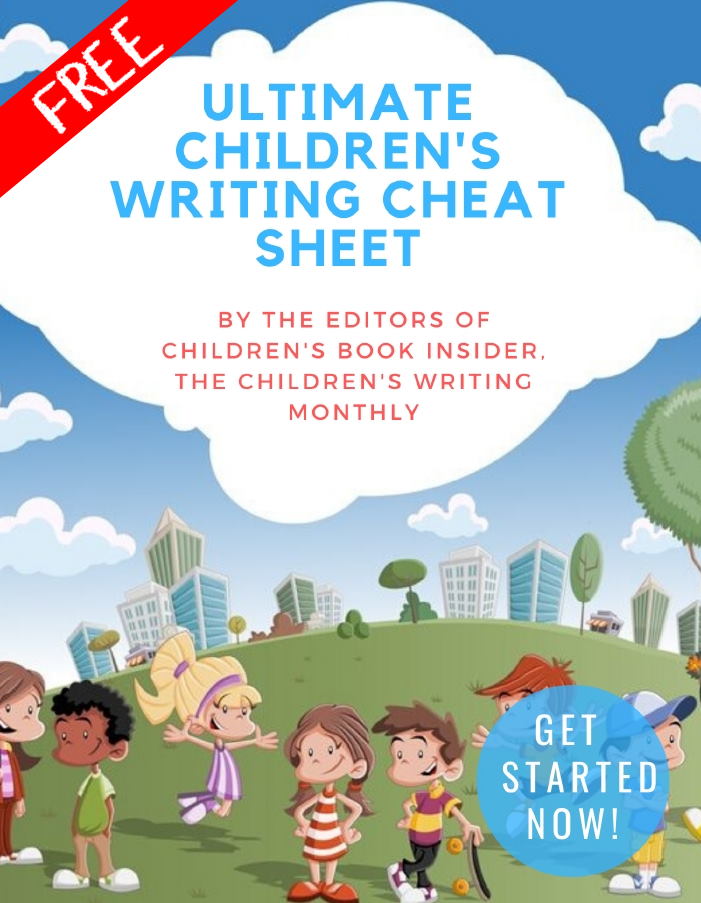
✏ Word Counts & Age Groups for Every Kidlit Category
✏ FAQs, Glossaries and Reading Lists
✏ Category-specific Tips, from Picture Books Through Young Adult Novels
✏ 5 Easy Ways to Improve Your Manuscript
✏ Writing For Magazines …and more!
This is a gift from the editors of Children’s Book Insider, and there’s no cost or obligation of any kind.
We will never spam you or share your personal information with anyone. Promise!
